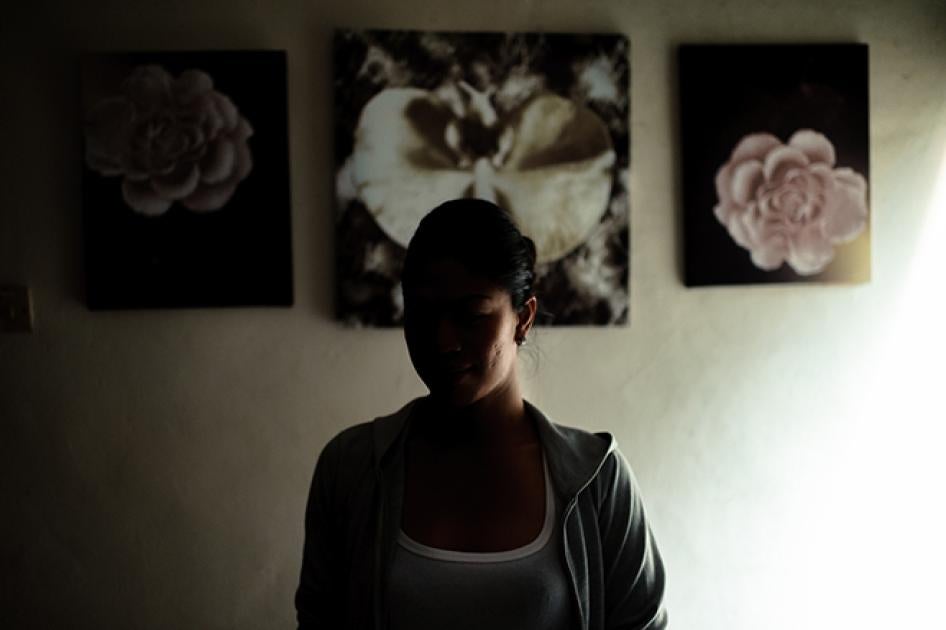(Bangkok) – A Sharia (Islamic law) court in Malaysia has sentenced nine transgender women to fines, and two to one-month jail terms under a discriminatory law that prohibits “a male person posing as a woman,” Human Rights Watch said today. Religious authorities in the northeastern Malaysian state of Kelantan arrested the women in a raid on June 16, 2015, and they pled guilty the next day. A lawyer filed an appeal and the two women sentenced to jail were released on bail pending the outcome.
The raid is the latest incident in a pattern of arbitrary arrests and harassment of transgender women in Malaysia. Malaysian state governments should immediately abolish laws against “cross-dressing” and other discriminatory legislation against lesbian, gay, bisexual, and transgender (LGBT) people, Human Rights Watch said.
The nine women, known as mak nyah in Malaysia, were attending a private birthday party at a hotel when officials from the Kelantan Islamic Department (JHEAIK) raided the party and arrested them. In each state in Malaysia, religious department officials are responsible for enforcing state Sharia criminal codes. In Kelantan, section 7 of the Syariah (Sharia) Criminal Code of 1985 states that “Any male person who, in any public place, wears woman attire and poses as a woman shall be guilty of an offence and shall be liable on conviction to a fine not exceeding one thousand ringgit or to imprisonment for a term not exceeding four months or to both.”
Malaysian transgender rights activists say that the cross-dressing laws not only violate the constitution, but contribute to widespread discrimination and violence against transgender people.
“Laws against ‘a male person posing as a woman’ not only deny transgender women in Malaysia our fundamental rights as citizens of the country, they also contribute to a hostile environment,” said Nisha Ayub, a transgender activist with the rights group Justice for Sisters. “These laws lead people to perceive us as criminals and subject us to humiliation, hate crimes, and other forms of violence.”
In a 2014 report, “I’m Scared to be a Women: Human Rights Abuses Against Transgender People in Malaysia,” Human Rights Watch documented rights violations by state religious officials and police including arbitrary arrests and detention; sexual assault, torture, and ill-treatment; and extortion of money and sex. Human Rights Watch also identified instances of violence by private citizens, employment discrimination, and stigmatizing treatment by health workers.
Malaysia is one of very few countries in the world that prosecutes individuals whose gender identity differs from the sex assigned to them at birth, simply for being who they are.
Although transgender people historically had a high degree of acceptance in Malaysia, a series of state legislative initiatives, beginning in the 1980s, have criminalized them and forced them underground. Under these discriminatory laws, transgender people can be arrested simply for wearing clothing deemed not to pertain to their assigned sex.
A Federal Court hearing in the Negeri Sembilan case challenging the constitutionality of the laws is scheduled for August 2015. If favorable, the ruling in the case, while only binding in Negeri Sembilan, has the potential to fundamentally alter the legal status of transgender people throughout Malaysia.
“The Malaysian authorities should be protecting trans people from discrimination, not perpetuating it,” Ghoshal said. “The Kelantan Islamic Department should immediately drop the charges against the nine women, and all state governments should repeal these discriminatory laws.”









